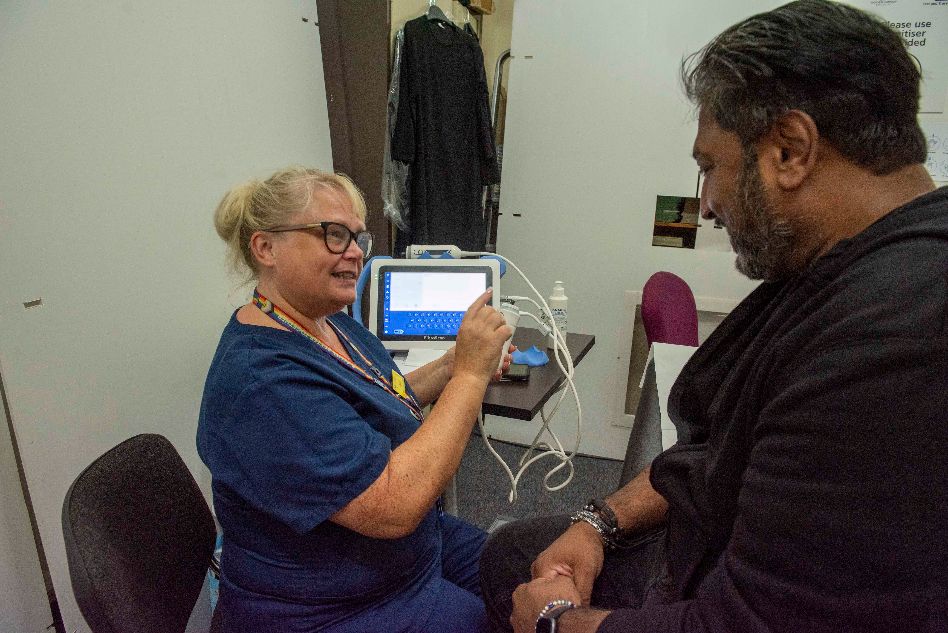The West Midlands is the UK’s most euro-sceptic region, according to a major new survey published by British Chambers of Commerce (BCC) on the EU referendum. According to the survey, if the EU referendum was held tomorrow, 45.2 per cent of West Midlands businesses would vote to stay in the EU, whilst almost as many (44.8 per cent) would vote to leave. A number of respondents, 9.7 per cent, were undecided.
Overall, 54 per cent of UK businesspeople say they will vote to remain, with 37 per cent voting to leave. However, the ‘leave’ vote is now seven per cent higher than it was in the last BCC survey, which was conducted in February. London, Northern Ireland and Scotland are the most pro-EU regions in the UK.
The BCC said that divisions had emerged between the two sides, with those trading with other EU markets the most likely to want to remain, with those who do not more likely to want to leave. Size of business was also a factor, with bigger firms more likely to want to stay.
Dr Adam Marshall, BCC acting director general, said: “As the EU referendum campaign enters the final straight, the race for the business vote has clearly tightened. “Although a clear majority of the businesspeople we surveyed continue to express a preference to remain in the European Union, the gap between ‘remain’ and ‘leave’ has narrowed significantly in recent weeks.
“While only a minority of businesspeople report that the referendum campaign has had a material impact on their firms to date, significant numbers say that they expect significant impacts in the aftermath of the vote – particularly if ‘leave’ carries the day.”
Paul Faulkner (pictured), chief executive of the Greater Birmingham Chambers of Commerce, said: “These statistics paint a picture of a divided West Midlands business community on the topic of the EU referendum. “Whilst 45 per cent of respondent s revealed that they intend to vote ‘remain’ on 23 June, the same number of businesses say they will be voting to ‘leave’. Only 10 per cent of respondents are undecided, or are not intending to vote.
“Since the last round of surveying in January, the ‘remain’ vote has fallen by five per cent as the ‘leave’ cohort has grown by seven per cent. This represents a clear narrowing of opinion within the region over recent months.
“Compared to the national statistics, the West Midlands business vote is a much closer call. “The statistics also revealed that voters are largely committed to their present intentions with 56 per cent of both ‘remain’ and ‘leave’ voters stating that they are completely committed to their position. Only 13 per cent of ‘remain’ voters and 20 per cent of ‘leave’ voters responded that they were slightly committed to their vote and could yet be swayed.
“The survey also explored how well business people feel that they understand the long term business implications of the referendum.
“On average, 59 per cent of respondents felt that they had a good or complete understanding of what a ‘remain’ result would mean for their organisations, compared to 44 per cent who had the same level of understanding of the implications of a ‘leave’ result.
“In contrast, 51 per cent of those surveyed highlighted that they had little or no understanding of what a Leave vote would mean for their businesses, compared to 36 per cent who felt they weren’t fully informed about how a ‘remain’ result would impact them. This proves that a large proportion of the business community still feels that they require more clarity on key aspects of the referendum if they are to make an informed vote.
“The Chamber is playing an active role in the debate in the run-up to the referendum, by seeking to inform and help educate businesses and individuals, ahead of them making a very important decision on 23 June.”
*The Chamber is holding a ‘Global Perspectives on the EU Referendum’ event on June 8 at the offices of Squire Patton Boggs. The event will look at how businesses and investors outside of the UK view the referendum debate and how a ‘Brexit’ might – or might not – impact on trade.
















